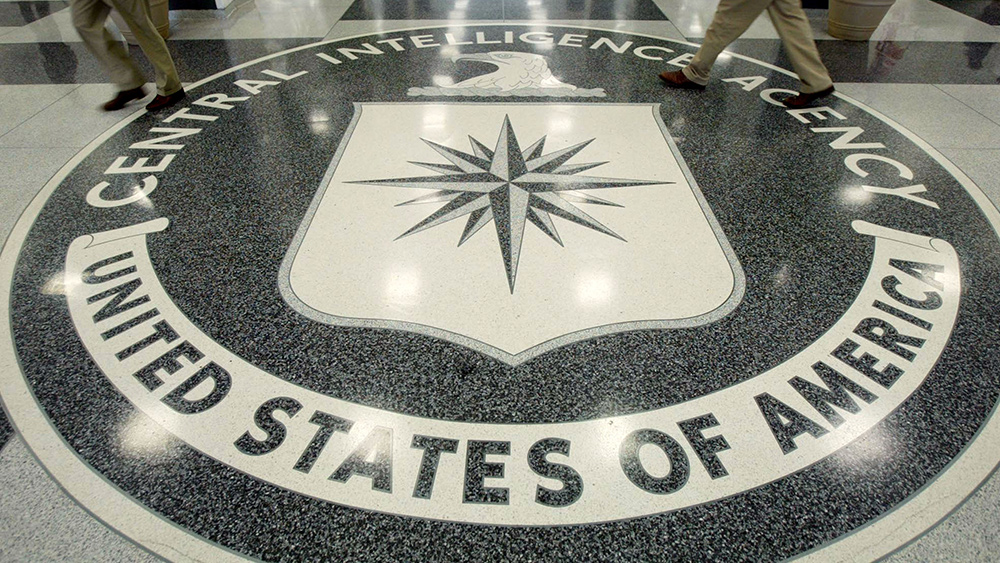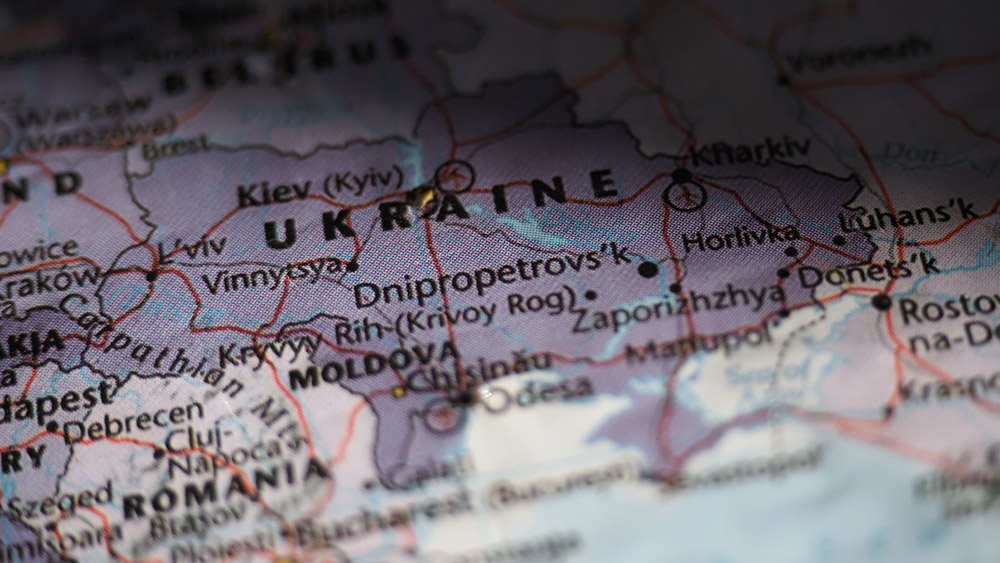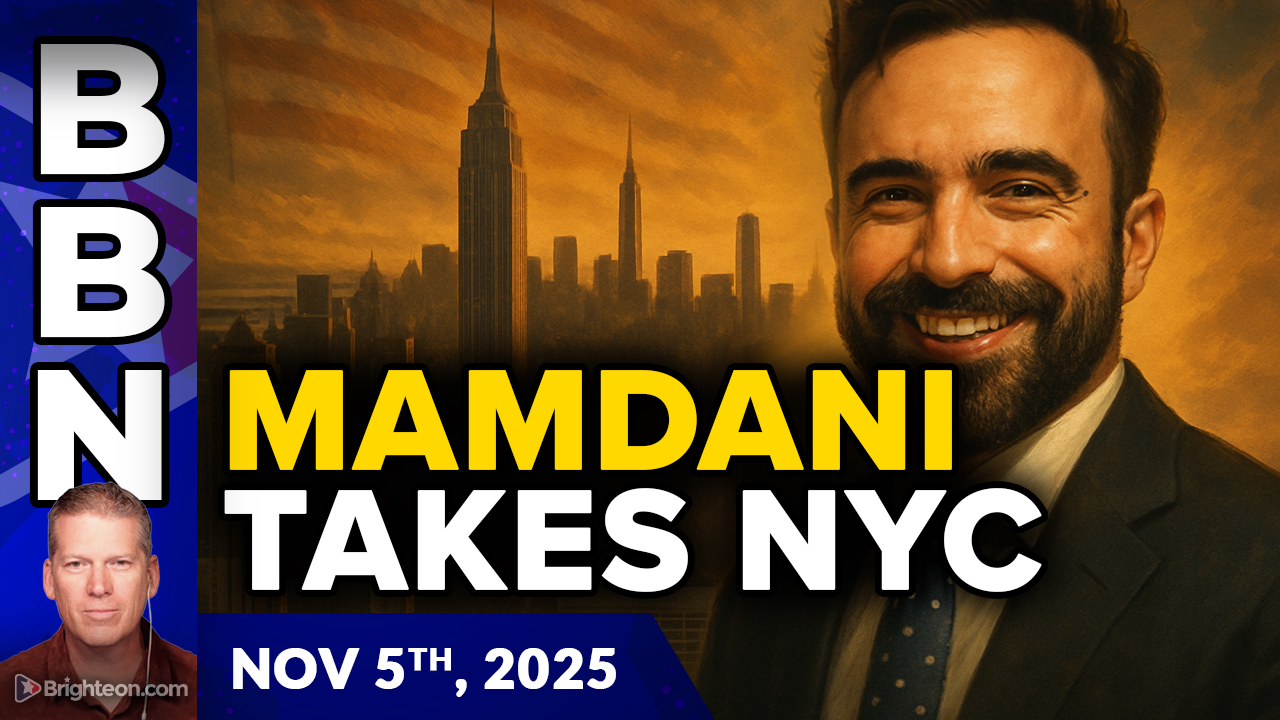 Parler
Parler Gab
Gab
- Newly declassified documents reveal a 1958 CIA plan to recruit Sir Winston Churchill for propaganda broadcasts on Radio Liberty.
- The operation aimed to exploit ideological divisions within the Soviet Union to "stimulate heretical thinking" and undermine Marxism.
- Churchill, a retired but iconic anti-communist, was one of many prominent Western figures targeted for his credibility.
- There is no evidence Churchill participated, and he declined a related invitation to Washington for health reasons.
- The revelation highlights the CIA's extensive, covert use of media and influential figures during the Cold War.
The covert machinery of Radio Liberty
The proposal to enlist Churchill was part of a broader, sophisticated propaganda apparatus. Radio Liberty, alongside its sister station Radio Free Europe, was presented to listeners as an independent émigré broadcaster. In reality, from its inception in 1951 until 1972, it was covertly controlled and funded by the CIA. While Radio Free Europe targeted Soviet satellite states, Radio Liberty’s signal was beamed directly into the heart of the Soviet Union, offering a carefully curated alternative to state-controlled media. This network was a key weapon in America's ideological arsenal, designed to chip away at the foundations of communist authority.A plan to "stimulate heretical thinking"
The specific operation targeting Churchill was timed to coincide with the 75th anniversary of Karl Marx's death. CIA analysts had identified a wave of "revisionism" and unorthodox political thinking within the Soviet intellectual class. The agency saw an opportunity to exploit these emerging fractures. According to a declassified CIA briefing note, the programming was designed with three explicit objectives: to stimulate heretical thinking by showing Marxism was not a monolithic dogma, to undermine confidence in Marxism's core assumptions, and to show that the future did not belong to communism. The goal was to use Western intellectuals to turn Soviet ideological debates into weapons against the state.Churchill: The ideal unwitting agent?
At 83 years old and retired from frontline politics, Churchill was an ardent and famous anti-communist, having famously declared the descent of an "Iron Curtain" across Europe in 1946. His voice would have carried immense weight with Soviet listeners. He was listed alongside other prominent British figures like philosopher Bertrand Russell, Labour leader Clement Attlee, and intellectual Arthur Koestler. Churchill also had a personal relationship with CIA Director Allen Dulles, adding a layer of familiarity to the approach. However, in the spring of 1958—precisely when he was earmarked for this propaganda program—Churchill declined an invitation to visit Washington, citing health reasons. Historical experts note there is no evidence he ever accepted the CIA's invitation or recorded a broadcast.A legacy of media manipulation
The attempt to recruit Churchill is not an isolated historical footnote but part of a documented pattern of CIA media operations. The 1976 Church Committee investigation concluded that the CIA maintained a network of hundreds of foreign individuals who provided intelligence and disseminated covert propaganda, with direct access to global news agencies, newspapers, and broadcasters. The committee warned of the inherent potential for "manipulating or incidentally misleading the American public" and the "damage to the credibility and independence of a free press." This context reveals a long-standing strategy of information warfare where the lines between news and state-sponsored propaganda were often blurred.Echoes of an enduring conflict
The revelation that the CIA sought to turn a legendary statesman like Winston Churchill into a covert asset underscores the relentless and often unconventional nature of the Cold War. It illustrates the extent to which the battle for hearts and minds was waged not just with spies and missiles, but with microphones and carefully crafted narratives. While Churchill’s role ultimately appears to have been limited to a proposal in a filing cabinet, the story serves as a potent reminder of the enduring intersection between intelligence agencies, media influence, and the perpetual struggle for geopolitical advantage—a dynamic that continues to resonate in today's complex information landscape. Sources for this article include: RT.com Telegraph.co.uk Borna.newsKremlin accuses Kyiv of hiding battlefield losses as Peskov highlights Russia’s military strength
By Patrick Lewis // Share
India defies Western pressure, continues Russian oil imports despite sanctions
By Belle Carter // Share
United Nations demands $1.3 trillion for “climate justice” ahead of COP30 summit
By Ramon Tomey // Share
Maine rebuffs Voter ID, embraces gun control
By Willow Tohi // Share
Israel bans two Jewish-American women for assisting Palestinian farmers in West Bank
By Kevin Hughes // Share
Mamdani’s policy proposals stir debate on New York city’s economic future
By Finn Heartley // Share
Governments continue to obscure COVID-19 vaccine data amid rising concerns over excess deaths
By patricklewis // Share
Tech giant Microsoft backs EXTINCTION with its support of carbon capture programs
By ramontomeydw // Share
Germany to resume arms exports to Israel despite repeated ceasefire violations
By isabelle // Share










